GRSV Blog No. 1,
Released on 07/05/2017,
While the adverse effects of excessive use chemical pesticides and fertilizers in the Green revolution agriculture on environment and human health are well recognized, we need to realize that organic agriculture alone will not be able to feed the world sustainably or otherwise. It is well documented that crop yields in organic agriculture are about 75-80% of the modern good agriculture practices (GAP), with a few exceptions in Europe and North America. Although organic products are free from chemical pesticides, there are no conclusive evidences to show that organic foods are tastier or more nutritious than other foods (although NIN has shown that a zinc and magnesium could be marginally higher in the former).
Organic agriculture was good in the time period in history when soils were fertile and less population to be fed. Fertilizers and chemical pesticides had not made their entry yet. Organic agriculture in its present form will not be able to feed the growing population. We need a paradigm change in our thinking about organic agriculture. We need to harness the synergies of integrating the traditional knowledge and wisdom of organic agriculture with modern science-based agronomic practices and technologies.
We need to take a holistic view of the soil as a “dynamic bank of nutrients”. Farmers need to replenish the nutrients taken-up by a crop every season, especially in the tropical and sub-tropical lands. Since organic manures (FYM, compost, and other animal manures) contain small quantities of nutrients, these need to be applied in huge quantities—up to 10 tons/ ha. But, organic manures are not readily available in required amounts. While there is a need to strengthen composting and vermi-composting, farmers need to supplement both macro-and micro-nutrients based on soil test results. Use of GIS for geo-referenced soil fertility mapping helps scientists to make appropriate recommendations of manures, bio-fertilizers, and fertilizers. The “Soil Health Card” introduced by many state governments is a welcome step in this direction.
We need to ensure that our recommendations for organic farming are context-specific (i.e. identify specific areas and contexts where organic agriculture can be very useful and where modern agriculture with minimum/optimum use if modern technologies need to be practiced), since the generic (one-size-fits-all) solutions may lead to further deterioration of farming systems and ecology. We strongly suggest that the researchers involved in agricultural research for development, policy makers, and the farmers need to join hands to develop a basket of technological options for “Sustainable Agriculture Practices” (SAP), and empower the farmers to choose appropriate farming practices that are suitable for their farms, agro-ecologies and ensure income security. Emphasizing any one particular system of production will not help the country to attain food and nutrition secure future.

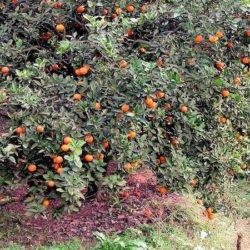
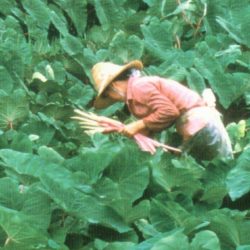
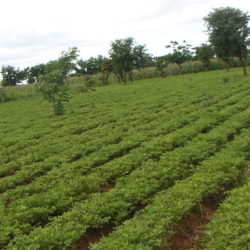
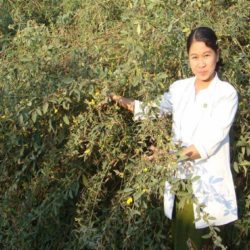
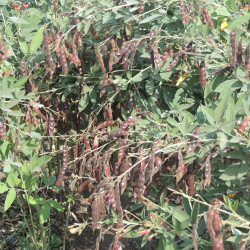
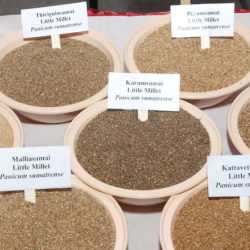
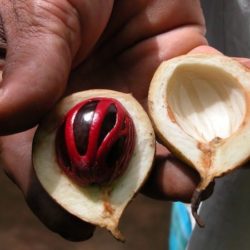
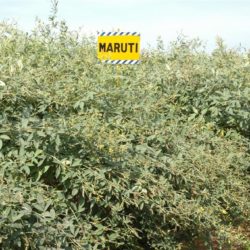
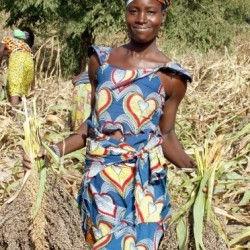

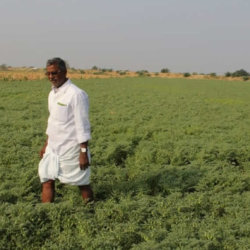
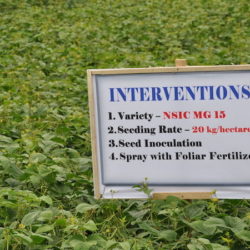
I simply want to say I am just new to blogging and seriously loved your web page. Most likely I’m planning to bookmark your site . You certainly come with great article content. Regards for sharing with us your blog site.